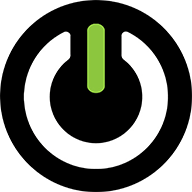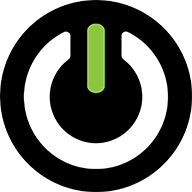Ray-Ban Meta Glasses Have Sold 2 Million Units, Production To Be Vastly Increased
Ray-Ban Meta glasses have sold 2 million units so far, and the annual production capacity is being increased to 10 million by the end of 2026.
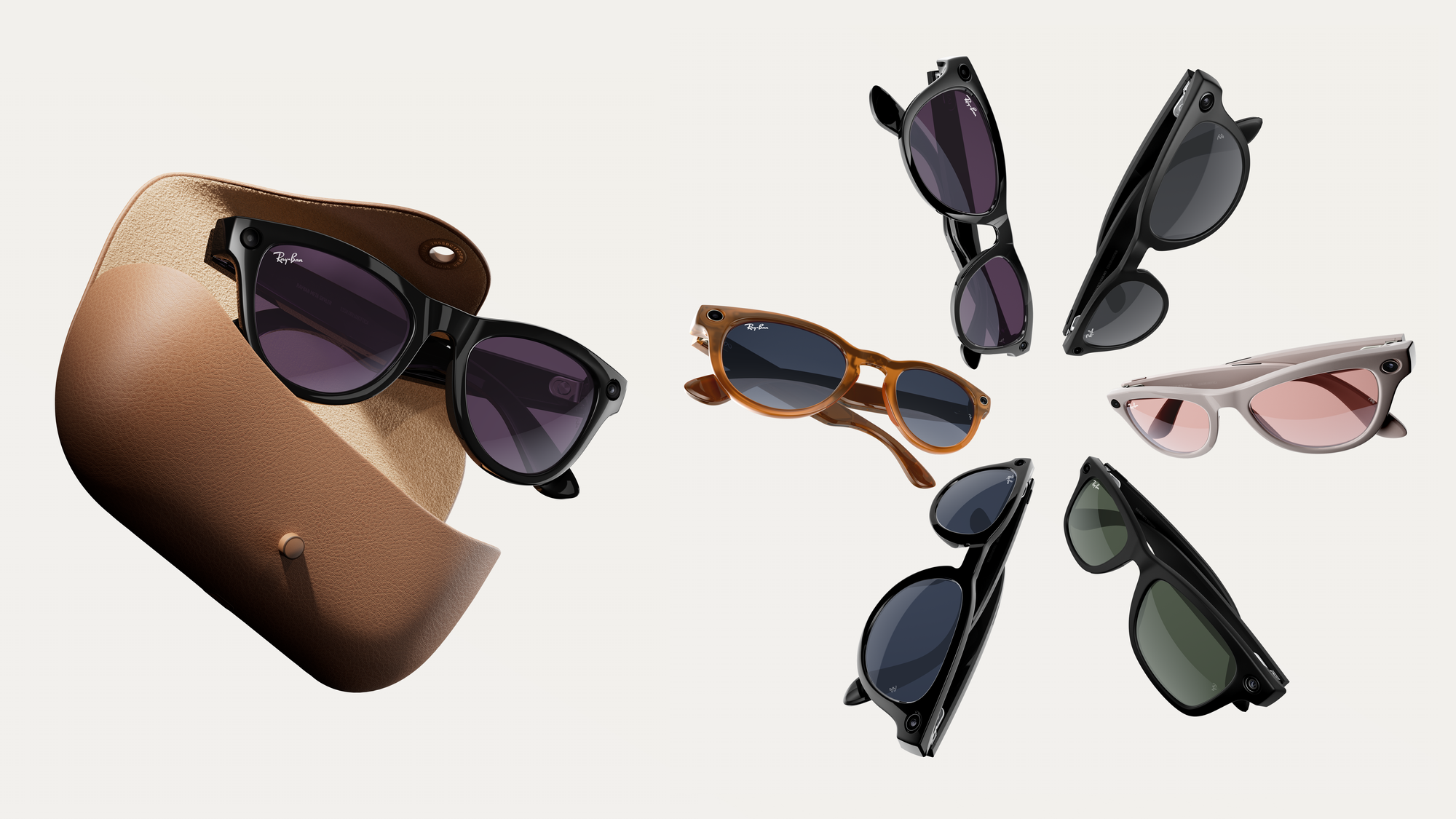

Ray-Ban Meta glasses have sold 2 million units so far, and the annual production capacity is being increased to 10 million by the end of 2026.
These announcements come from EssilorLuxottica's CEO Francesco Milleri during the company's Q4 2024 earnings call this week. EssilorLuxottica owns the Ray-Ban brand.
The Ray-Ban Meta glasses launched in October 2023, and a few weeks ago Mark Zuckerberg told staff that 1 million were sold in 2024. This suggests the launch quarter, Q4 2023, saw 1 million units sold out of the gate.
Milleri described the smart glasses as "a great success", and told investors that their retention has been increasing over time too. He further suggested that the multi-modal visual AI feature, currently limited to the US, Canada, and Australia, will "soon" expand to other countries worldwide.
Given the success of the product, he says, EssilorLuxottica plans to vastly expand its production capacity to more than 10 million annual units by the end of 2026.
Significant Volume, But Who Gets The Revenue?
For comparison, the previous generation, called Ray-Ban Stories, sold less than 300,000 units in the same time period, a memo leaked to The Wall Street Journal revealed. As another point of comparison, the achievement unlocked when completing the mixed reality demo experience First Encounters suggests that Meta has sold at minimum 2 million Quest 3 and Quest 3S headsets. Note that playing the demo requires permitting the headset to 3D scan your room.
The Ray-Ban Meta glasses start at $300, with polarized models offered for $330 and transition lens models for $380. That means 2 million units represents over $600 million in revenue. But what's still not publicly known is how much of this goes to Meta versus how much goes to EssilorLuxottica.
More Brands To Come - And Competition
According to Bloomberg's Mark Gurman, who has a strong track record of reporting on Meta's hardware moves in advance, Meta and EssilorLuxottica plan to introduce Oakley Meta glasses too later this year.
While the Ray-Ban glasses have a camera on one side and are aimed towards all consumers, the Oakley glasses would have the camera in the center and be intended for "cyclists and other athletes".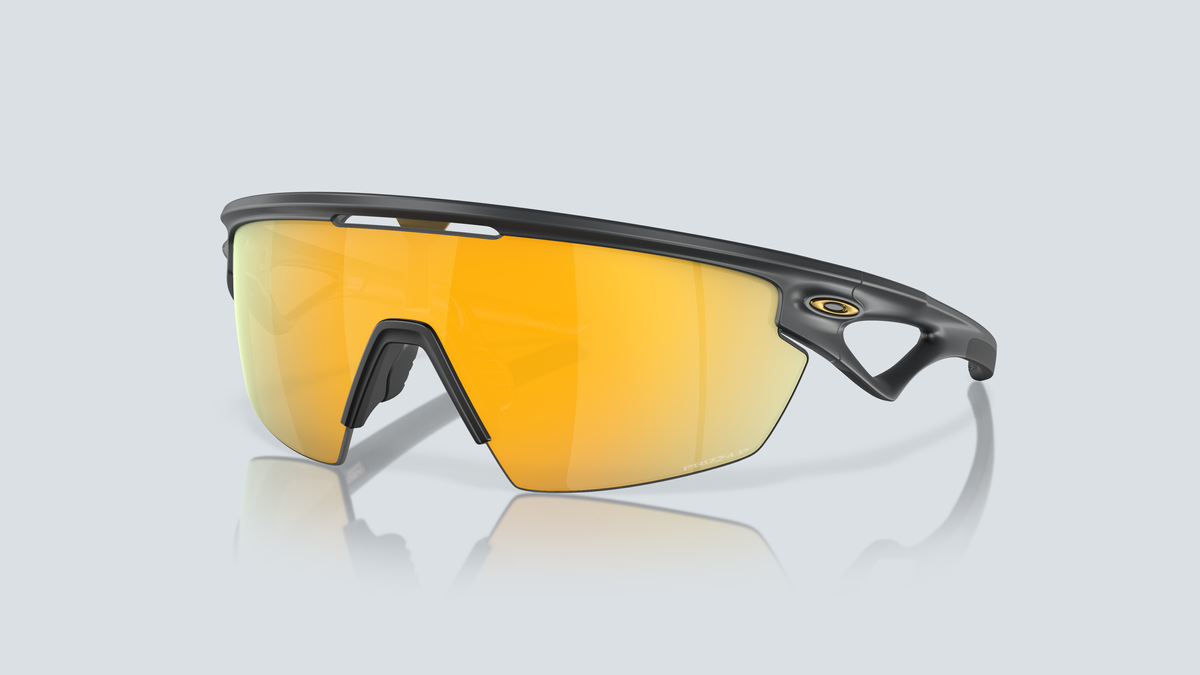
But Meta and EssilorLuxottica won't be alone in the market.
In an all-hands meeting leaked to The Verge a few weeks ago, Mark Zuckerberg pointed out that other tech giants will launch competitors, telling staff that until then Meta should take the opportunity to grow its smart glasses business as fast as possible.
“We basically invented the category and our competitors haven’t really shown up yet and they will”
“I think we’ll probably start seeing some of that maybe a little later this year, maybe next year. But we just have this wide open field right now to run and basically introduce as many people as possible to Meta AI glasses and we should take that opportunity.”
Samsung reportedly plans to launch a competitor with Google's Gemini AI, later this year or early next year, while Apple is reportedly exploring releasing its own in 2027. Meanwhile, around a dozen startups and smaller companies showed off similar smart glasses at CES 2025.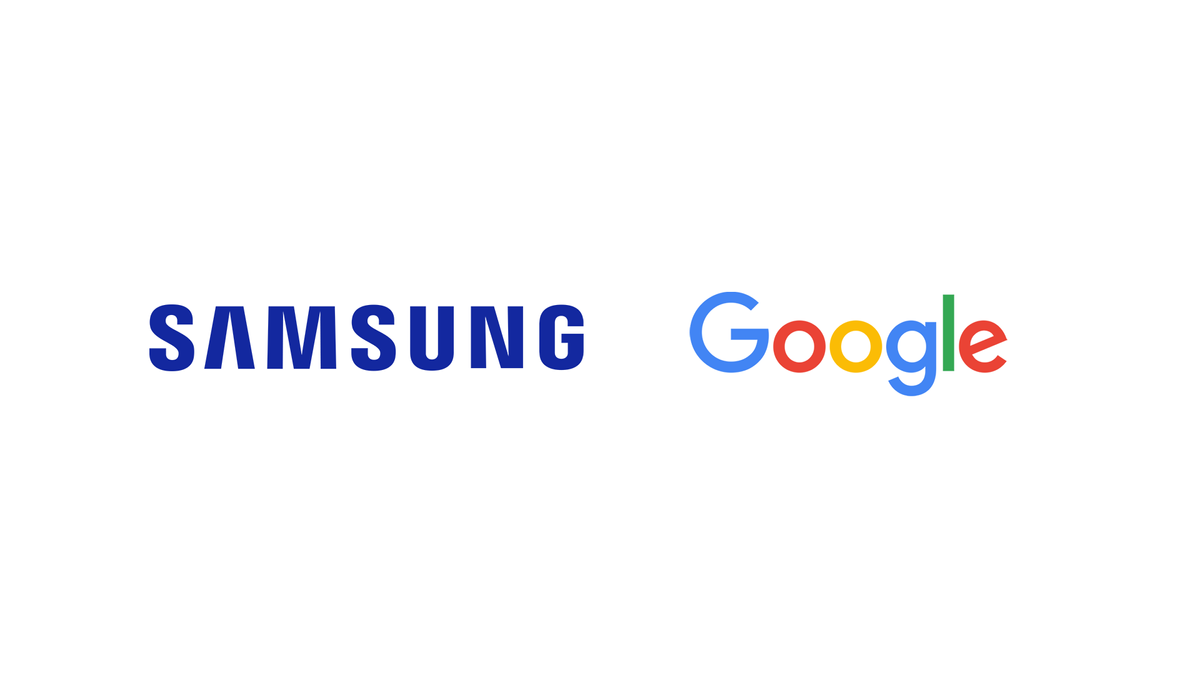
Already, Meta is aggressively marketing the Ray-Ban Meta glasses, and enlisted A-list celebrities for two Super Bowl ads promoting the product, hoping to see its sales momentum continue through the rest of the year.





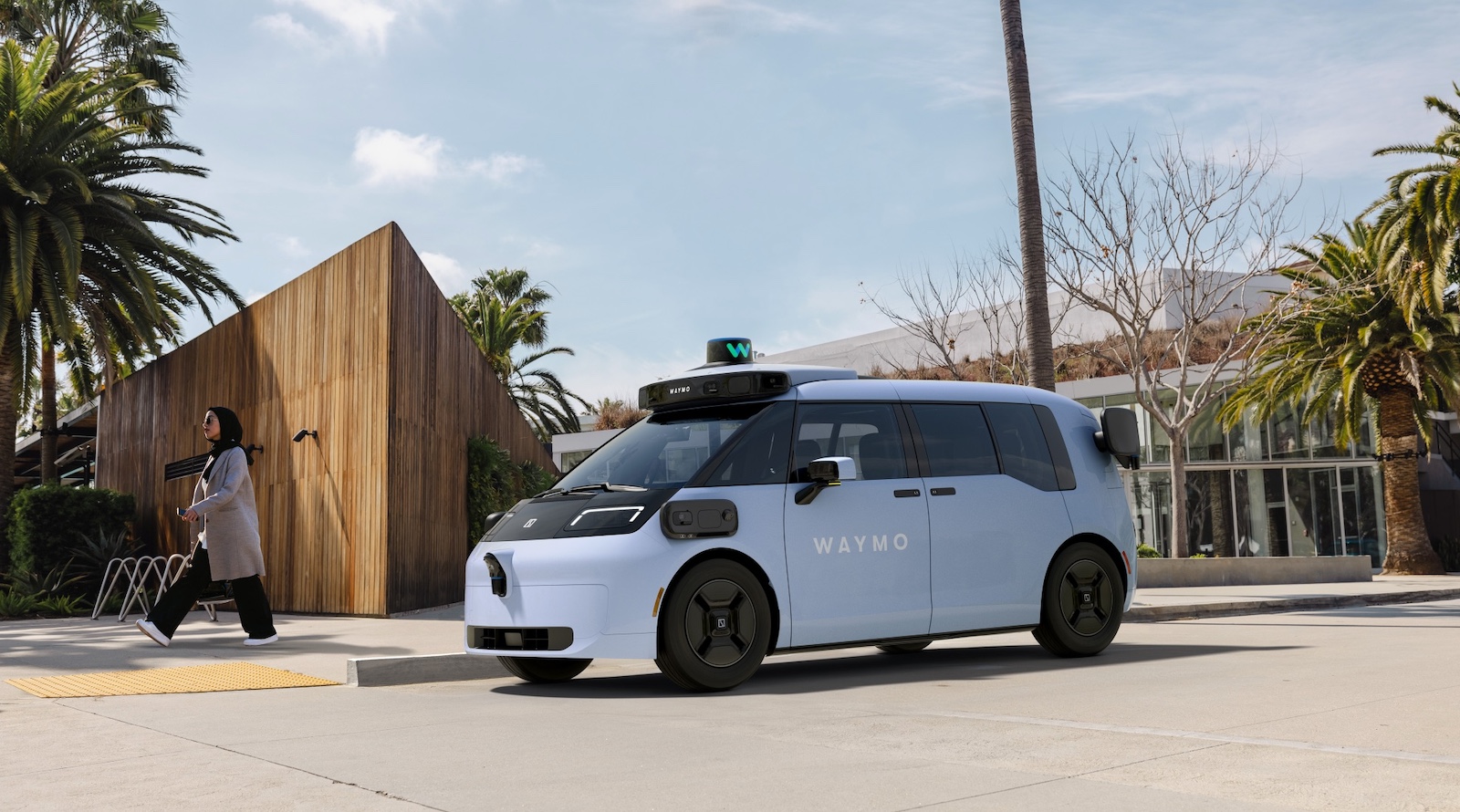
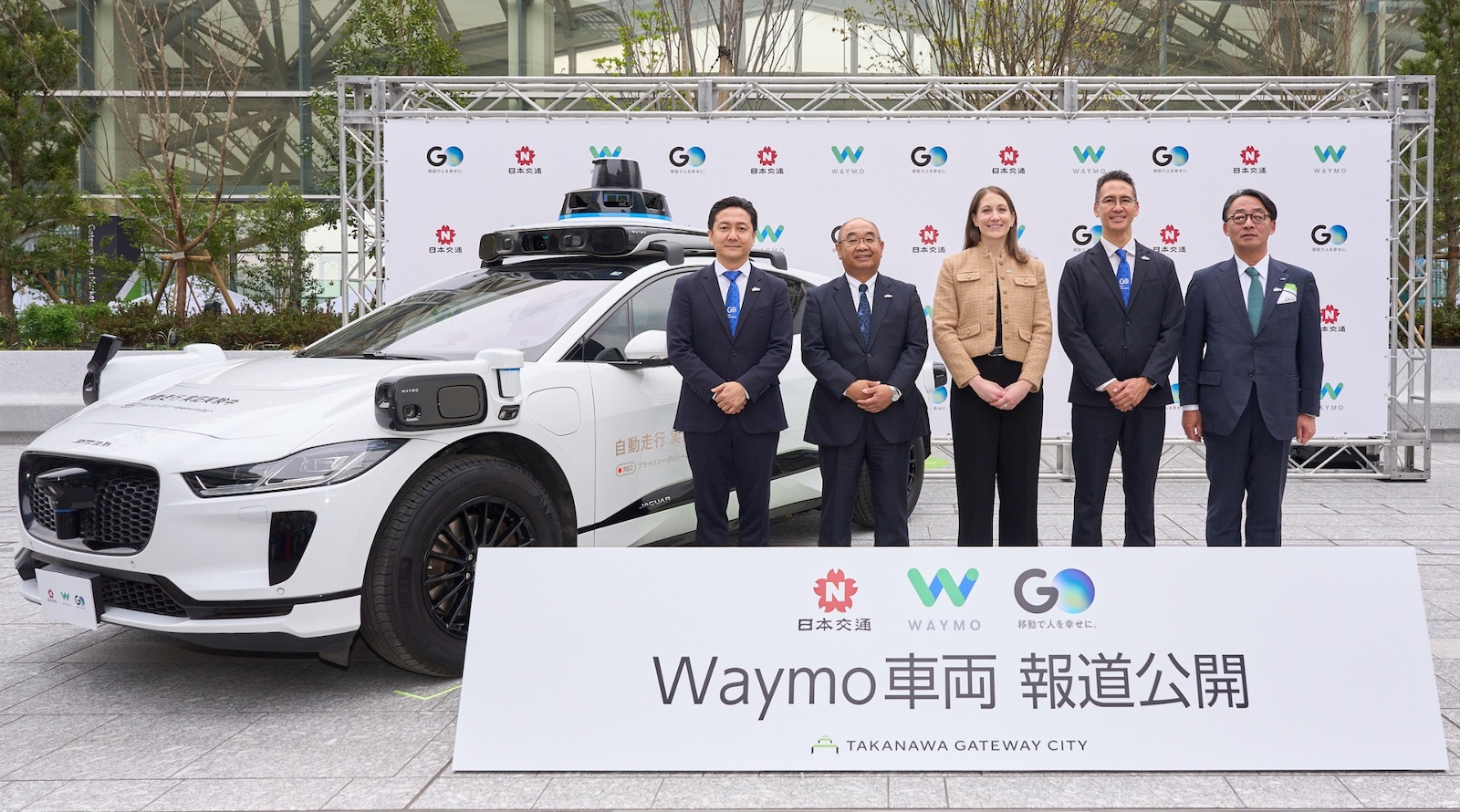









































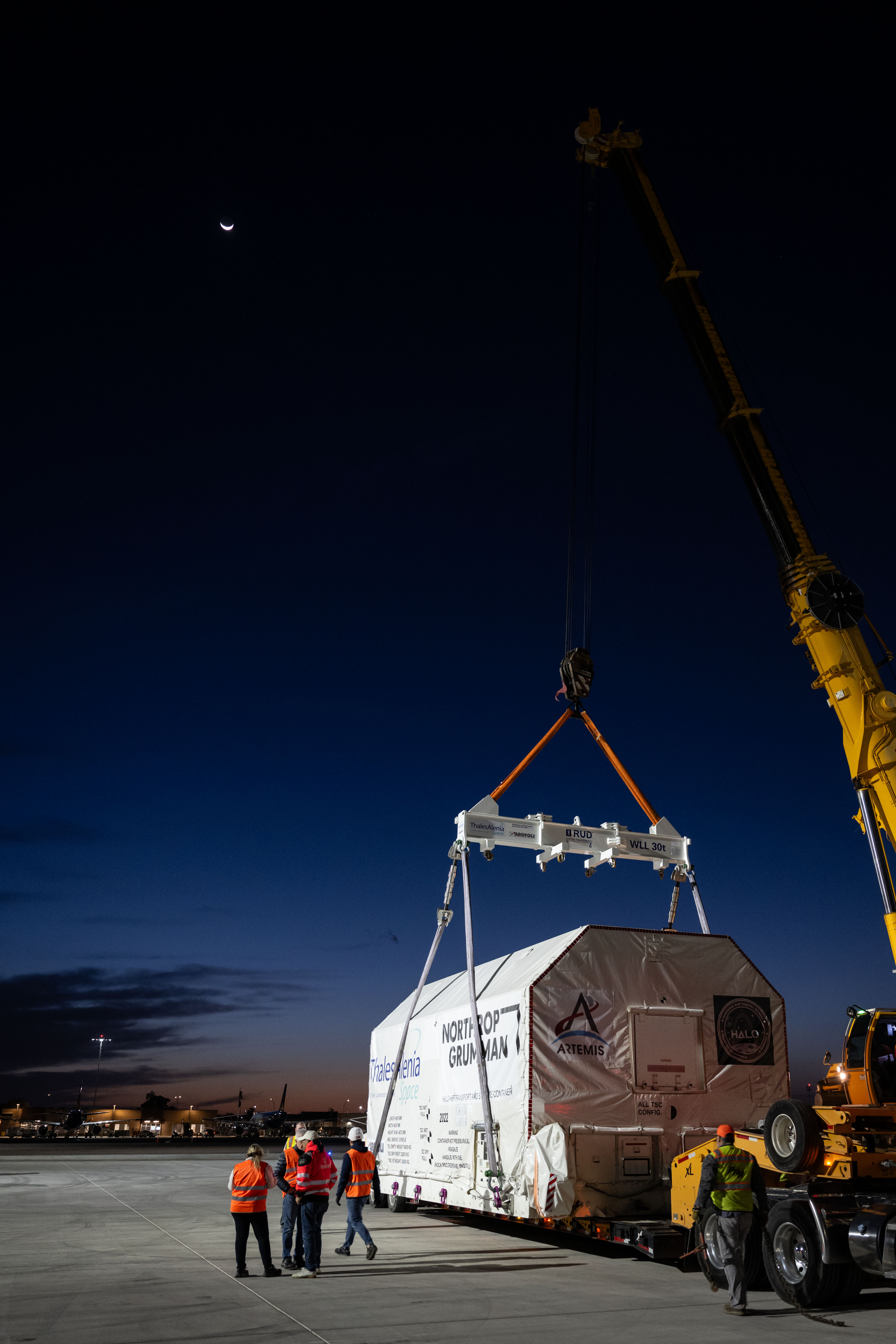

















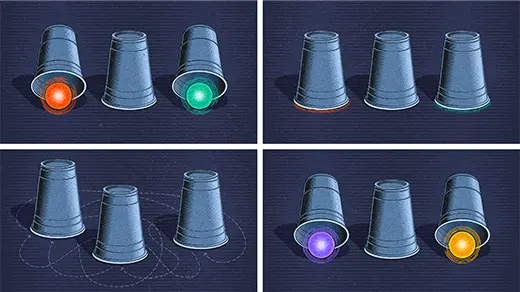











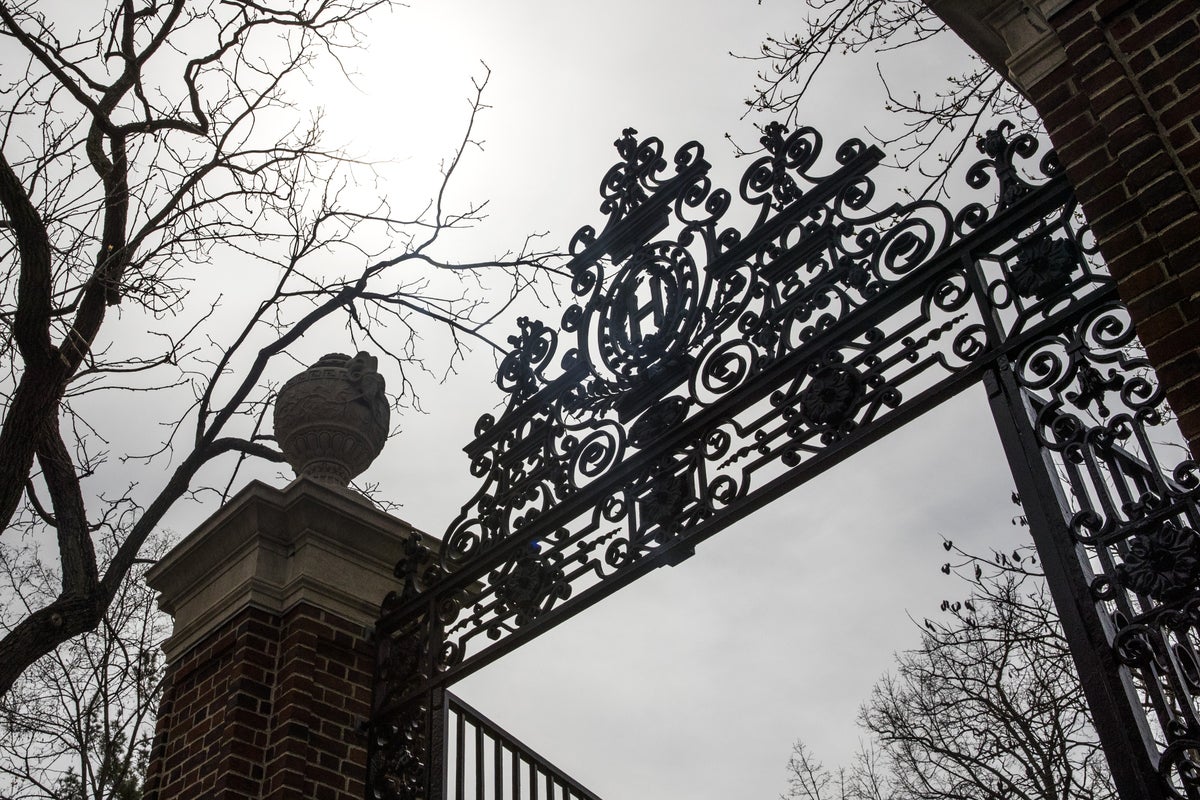















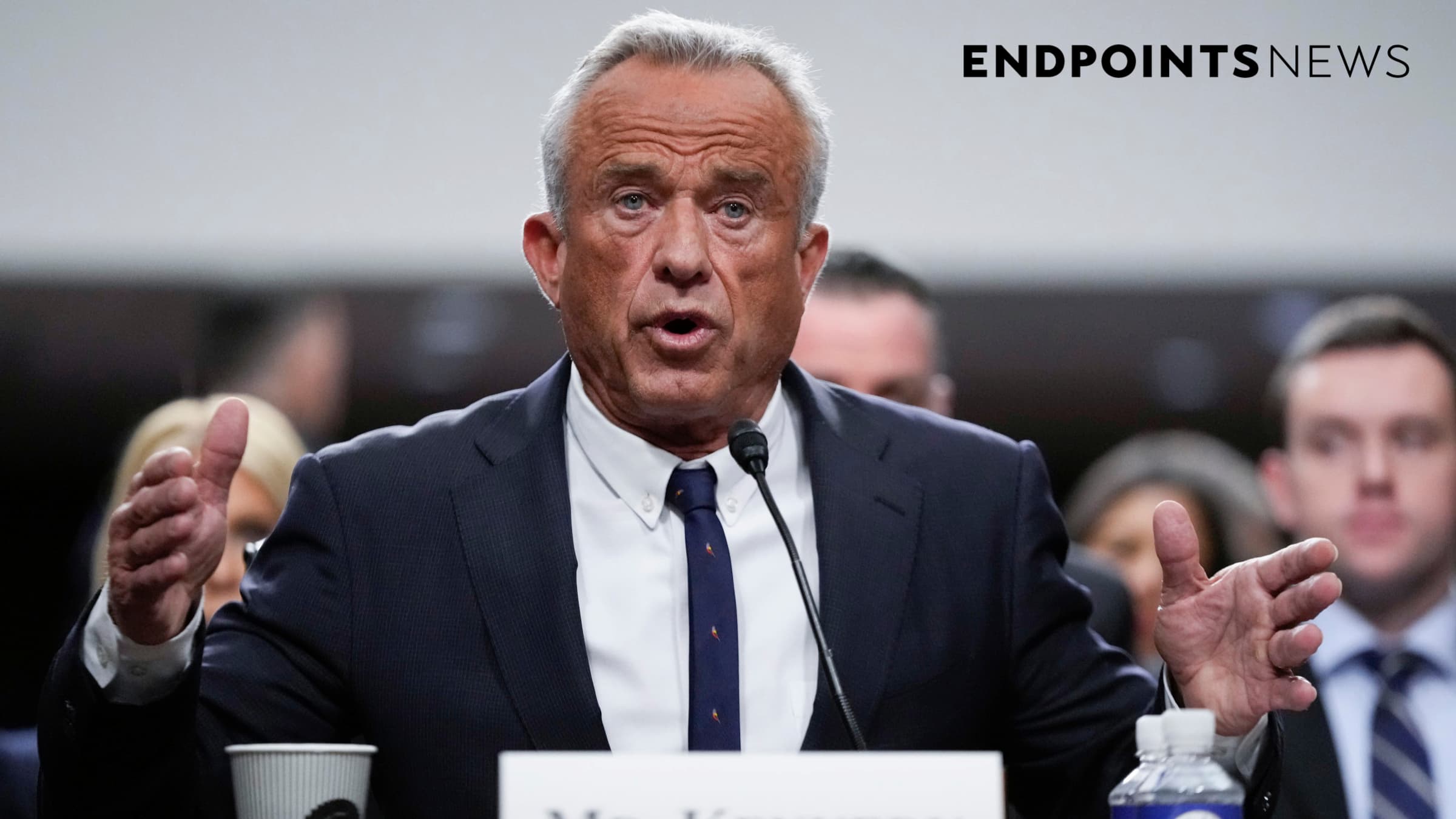
























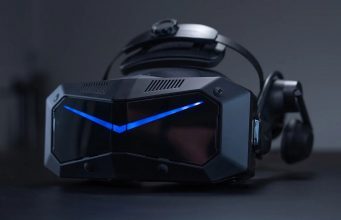

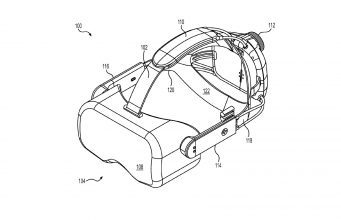



![The breaking news round-up: Decagear launches today, Pimax announces new headsets, and more! [APRIL FOOL’S]](https://i0.wp.com/skarredghost.com/wp-content/uploads/2025/03/lawk_glasses_handson.jpg?fit=1366%2C1025&ssl=1)












